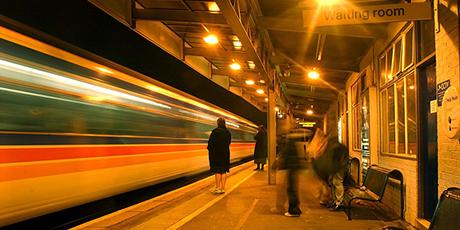The English rail system has “suffered from a lack of strategic direction and accountability for many years” and “struggled to improve service reliability, quality and flexibility” with “delivery of services not sufficiently focused on the needs of passengers” say MP’s
In a report out today, The Public Accounts Committee say that The Department for Transport (DfT) “has neither the necessary urgency nor appreciates the scale of the challenge ahead” about the future of rail.
The committee has repeatedly highlighted how passengers are too often an afterthought in major rail projects. The aftermath of Covid and the end of franchising offer options to deliver better services for passengers in a way that meets new travel demands, but the DfT now faces “an extremely challenging and uncertain environment in which to implement its proposed reforms”.
The Public Accounts Committee says massively increasing expense to the taxpayer in the English rail system has not been matched with sufficient transparency about costs and revenues to “inform proper oversight” in an area with “this extent of taxpayer exposure”. Costs to the taxpayer in the failed franchise system almost doubled from 2015 to £5.1 billion in 2019-20, with another £8.5 billion of government financial support provided after the arrival of the COVID-19 pandemic finally collapsed the previous delivery model.
But the Committee says it is now unclear that the Department for Transport’s plan for railways during the transition to a new system “fairly distributes risks between government and operators, or provides incentives for operators to deliver efficient, high-quality, and value-for-money passenger services.”
DfT also “lacks a convincing and timely plan for encouraging passengers back to the railway as part of COVID-19 recovery” and this, combined with a “disappointing lack of progress in agreeing a specific and funded plan for rail electrification” pose further risk to the government’s own net zero targets.
Dame Meg Hillier MP, Chair of the Public Accounts Committee, said:
“Decent public transport is crucial to both household and national economies. Rail reform won’t work if it doesn’t work for tax-payers and fare-paying passengers, and the Government won’t achieve its economic and environmental goals without effective rail reform.
There is everything to play for in delivering a rail system that delivers for passengers and encourages greener travel. But there are still many moving parts and a huge challenge to balance costs. The Government needs to show it can act with urgency and put passengers’ experience at the centre of its reforms.”







